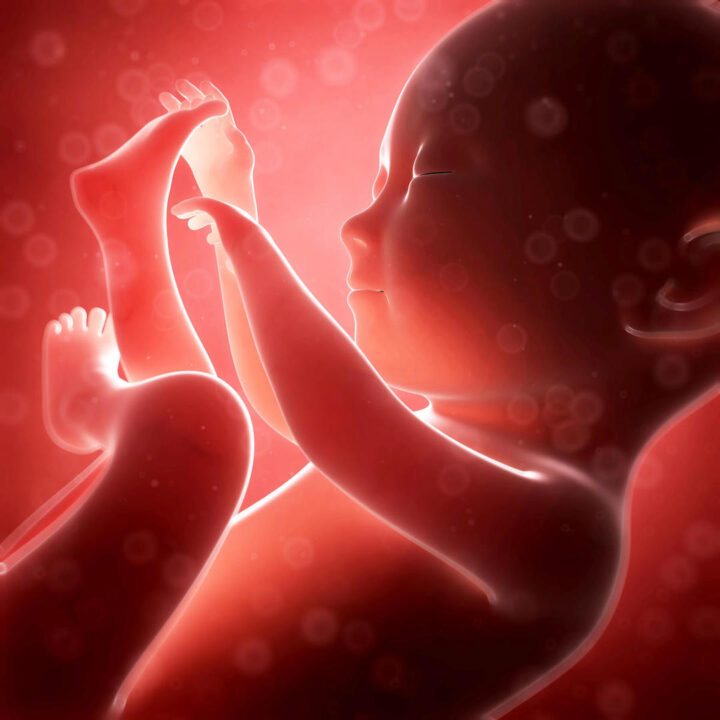I brought forward the Born Alive Infant Act, SB 741, in order to ensure that a baby who takes its first breath receives all reasonable medical actions needed to preserve their life, regardless of the circumstances of their birth.
Babies who take their first breath deserve a fighting chance. Currently, under New Hampshire law, it is perfectly legal to let an infant born alive during the course of an abortion die by withholding medical care.
Senate Bill 741 would have changed that and put basic protections in our laws for those infants. The language of the bill is actually very simple, it reads
“Any born alive infant, including one born in the course of an abortion, shall be treated as a legal person under the laws of this state, with the same rights to medically appropriate and reasonable care and treatment. Any health care provider present at the time the infant is born shall take all medically appropriate and reasonable actions to preserve the life and health of the born alive infant.” Born alive is defined as a baby that “breathes, has a beating heart, or has definite movement of voluntary muscles.”
This language is clear. If a baby is born and shows the basic signs of life, the baby should receive medical care, regardless of the circumstances of its birth. Just about every reasonable person can agree once a baby is born, it is a person and entitled to the same rights as everyone else.
Despite what the opponents are trying to portray about this bill, it is not about abortion; it is about what happens after an abortion is performed. This bill does not say an abortion cannot be performed. It does not say how far into the pregnancy an abortion can or cannot be performed. It does not regulate the practice in any way or impact the life of the mother in any way. The entire bill is focused on the baby. Not before birth, not even during birth, but after the birth has taken place.
Several witnesses at the public hearing argued that this bill is not necessary because it does not happen. Even if you say it does not happen — and we have no concrete proof of this — how can anyone think we would not be better served to have guidelines in place, so we are not blindsided as the Commonwealth of Pennsylvania was with the case of Kermit Gosnell.
A few medical professionals testified against the bill at the hearing. Their objections boiled down to “this bill is insulting to doctors” because it dictates how a medical professional should act. This would not have been the first time the legislature has dictated to the medical community. The legislature passed several measures to tighten prescribing guidelines on doctors to help curb the ongoing opioid crisis. Overprescribing of opiates was repeatedly identified as a major contributor to the opioid crisis as many addiction cases began with a prescription of opioid painkillers. They also banned conversion therapy for children, even though testimony stated, “Conversion Therapy does not happen in this state.” The legislature providing guidelines for medical professions is nothing new or unusual.
At a fundamental level the question is this:
Is a baby who is born alive, regardless of the circumstances of their birth, a person, and deserving of medical care, or not?
That is the moral question and I believe we have the answer, from my Democratic colleagues in the Senate. It is a resounding “No.” In a rather stunning lack of courage, rather than taking a stance in favor or against SB 741, they chose to lay the bill on the table.
Again, sadly, the idea that a baby born alive is a person is now somehow a controversial idea with groups like Planned Parenthood and my Democratic colleagues.
by NH State Senator Regina Birdsell (R)
